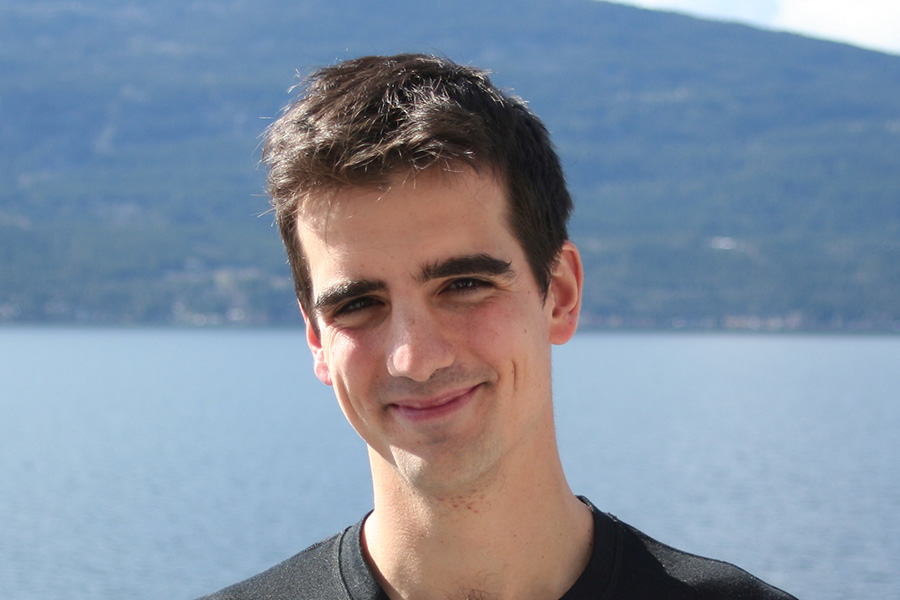Prof. Timothy Rogers receives NSF CAREER Award

A project from Timothy Rogers, assistant professor of electrical and computer engineering, aims to increase the number of individuals and problems that can benefit from energy-efficient, accelerated computing. The research is being funded through the National Science Foundation (NSF) Faculty Early Career Development Program (CAREER) Award. Rogers says his goal is to help meet the demand for simple, reusable software that can be adapted to run on new high-performance, energy-efficient hardware.
“Today to really use a massively parallel accelerator, you can’t just take any general-purpose piece of parallel code and move it onto the accelerator,” he says. “That creates a real challenge to the adoption of these high-performance, energy-efficient machines.”
Rogers says the project aims to address this challenge by developing novel cross-stack techniques to accelerate productive software on efficient hardware.
“We’re looking at ways throughout the whole computing stack to try and bridge that gap,” he says. “From the way code is compiled, to the way the runtime software manages it, all the way down to how the hardware itself is designed.”
The project will explore a full-system solution for productive languages on accelerators, with the aim of aggregating all the project's innovations into an open-source platform that eases accelerator software development.
“Ultimately you need to reach more people,” says Rogers. “If it’s only a subset of very specialized programmers that can write software that uses accelerators, then they won’t get used. This project takes inspiration from all the work people have done to increase the reach of software, making it more accessible to more and more of the population. We are asking the question: How can we leverage these accessibility ideas in the hardware accelerator space, that is very much a specialized space today.”
As part of the project, an integrated education plan will introduce K-12 students to acceleration through graphics accelerators and video games.
“We’ll be working with the CoderDojo at Lafayette’s Imagination Station,” says Rogers. “We’ll create a segment where we teach kids how to write a simple video game and show them how hardware acceleration is able to make their games run faster.”
The NSF CAREER Award is given in support of early-career faculty who have the potential to serve as academic role models in research and education and to lead advances in the mission of their department or organization.
Source: CAREER: Accessible Accelerators: Leveraging Productive Software on Efficient Hardware
